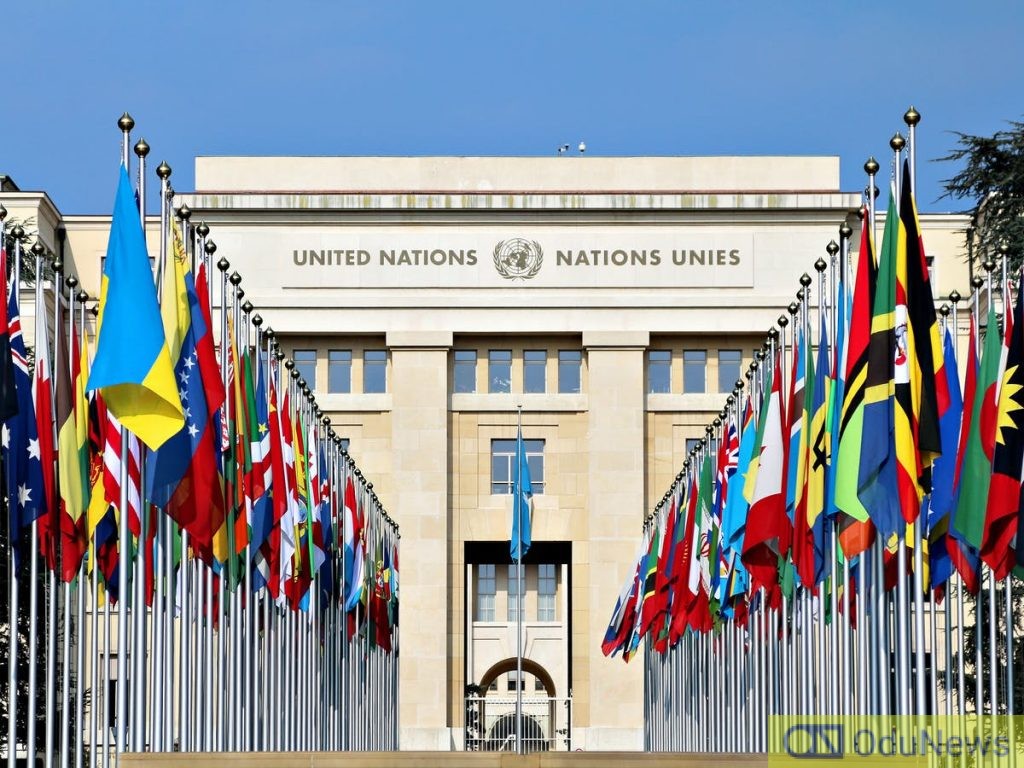Non-binding resolution calls for an immediate ceasefire, hostage release, and humanitarian aid

The United Nations General Assembly will vote Wednesday on a draft resolution urging an immediate, unconditional, and permanent ceasefire in Gaza. The move comes after the United States vetoed a similar measure in the UN Security Council.
The draft resolution also demands the release of all hostages and calls for “immediate access” to humanitarian aid for Gaza’s citizens, who have endured over a year of conflict, particularly in the heavily impacted northern region.
Context of the Conflict
The ongoing war in Gaza was triggered by Hamas’s October 7, 2023 attack, which resulted in 1,208 deaths, mostly civilians, according to official data compiled by AFP. The attack included the kidnapping of 251 hostages, 96 of whom remain in Gaza.
Israel’s subsequent military response has led to over 44,786 deaths in Gaza, mostly civilians, according to figures from the Hamas-run health ministry, which the UN considers reliable.
Global Reactions
During the Assembly’s initial debate, Palestinian UN Ambassador Riyad Mansour described Gaza as “the bleeding heart of Palestine,” urging the international community to act against what he called a year-long humanitarian nightmare.
On the other hand, Israel strongly criticized the resolution. Israeli UN Ambassador Danny Danon called for the dismantling of what he described as an “infrastructure of hate,” targeting UNRWA, the UN agency providing aid in Gaza, accusing some employees of complicity in the October 7 attacks.
Accountability and Humanitarian Support
The resolution emphasizes “the need for accountability” and tasks UN Secretary-General Antonio Guterres with presenting proposals to advance accountability for violations of international law. A previous draft, which proposed an international mechanism for prosecuting violations against Palestinians, was excluded from the current version.
Another resolution to be voted on Wednesday calls on Israel to allow UNRWA to continue its humanitarian assistance operations. This follows Israel’s recent decision to ban the agency starting January 28, a move condemned globally, including by the United States.


Comments are closed.